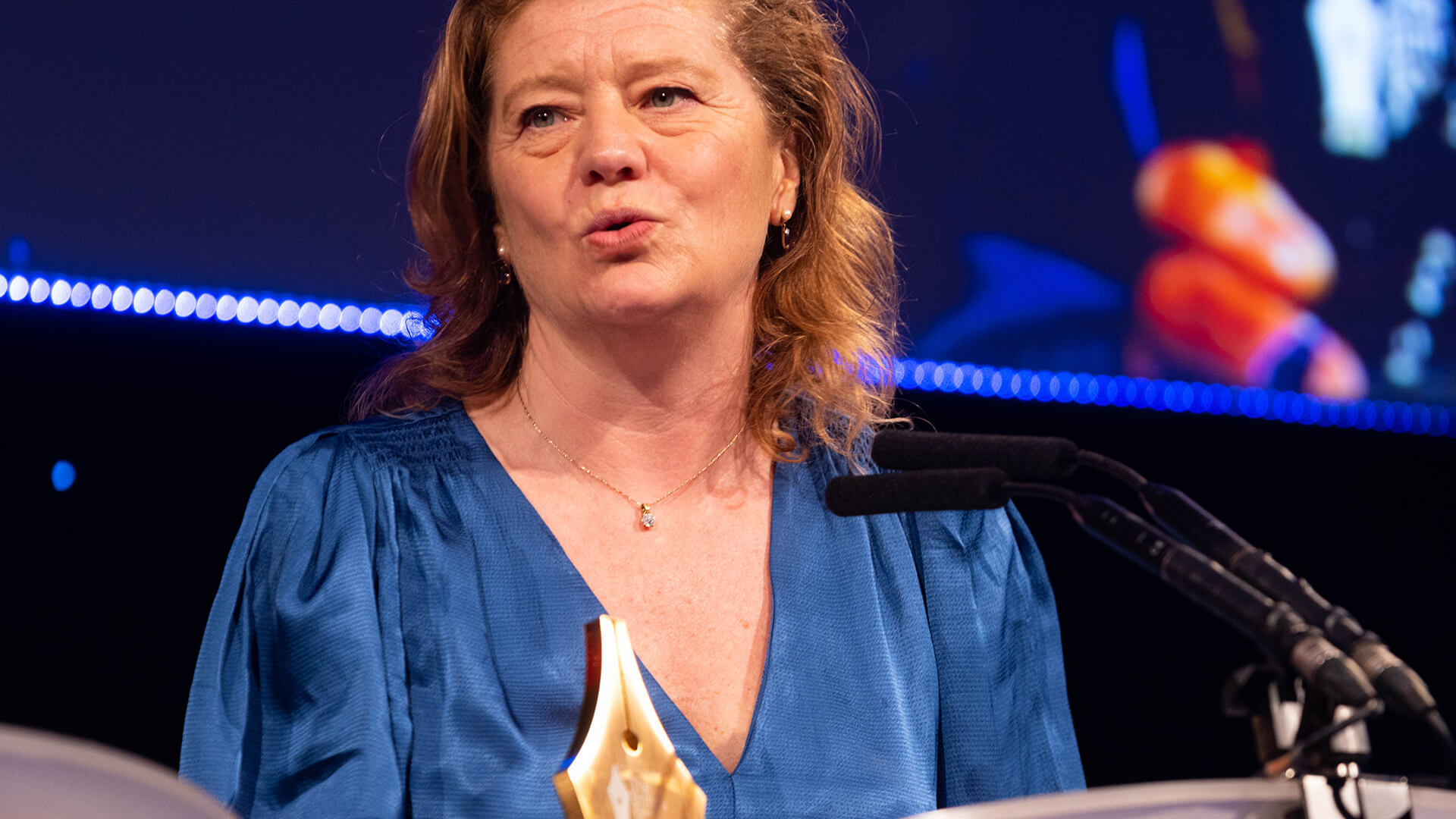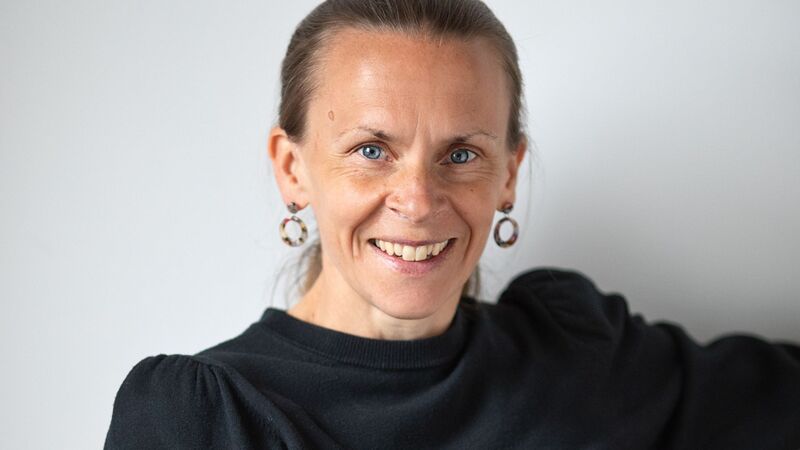You are viewing your 1 free article this month. Login to read more articles.
‘Terror’ stopping great work from being published in the UK, Pike warns
Arabella Pike, publishing director at HarperCollins’ William Collins, has warned that UK publishers’ “terror” is preventing “some very great work” from being published.
Speaking alongside the founder of Silkworm Books, Trasvin Jittidecharak, and Niko Pfund, president and academic publisher of Oxford University Press USA on a panel entitled “Non-fiction Publishing in the Age of Misinformation” at the Frankfurt Book Fair yesterday (20th October), Pike described the fear of being targeted as a result of a publication as “the chill factor” and argued greater safeguards were needed to prevent abuses of the British legal system such as she experienced.
“The chill factor and the fear that people have is stopping some very great work emerging,” she said. “It varies depending on which part of the world you’re in, but this is something that’s very much happening in the UK. It’s happening in newsrooms and in publishers; people are too terrified to tackle these responsibly published books.”
Pike, who won the British Book Awards’ Freedom to Publish Award earlier this year in recognition of her determination and commitment to free speech in the face of legal battles brought against two of her authors, called for greater safe-guards in the UK against the “abuse of English law by nefarious, very, very rich people.”
Exploitation of the British legal system in this way will be tackled by a William Morris book on “lawfare” by KC Geoffrey Robertson early next year, Pike said.
Tom Burgis’s Kleptopia and Catherine Belton’s Putin’s People, published by Pike and HarperCollins in 2020, were both targeted by Russian and former Soviet Union oligarchs, resulting in legal suits costing “millions and millions.”
Pike and HarperCollins were ultimately triumphant, but Pike said the cost had “spooked the market” when it came to selling translation rights to the titles. “It spooked the markets, no question,” she said. “We went through our legal process, and in both books settled the cases. And then there were still very, very great anxieties coming from a variety of the translation publishers. It was an obstruction to some translation markets.”
She continued that “ruthless fact checking” and “making sure that the responsible nature of the book concerned is to the forefront” were vital to publishing non-fiction. Jittidecharak, speaking about corruption in Thailand and Asia more broadly, and the threats faced by their authors and sometimes themselves, as the publisher, said: “You have to be really strong enough to push them back. I publish a lot of risky books, but I make sure that the language is polite, it doesn’t sound emotional. I try to find a way.”


















